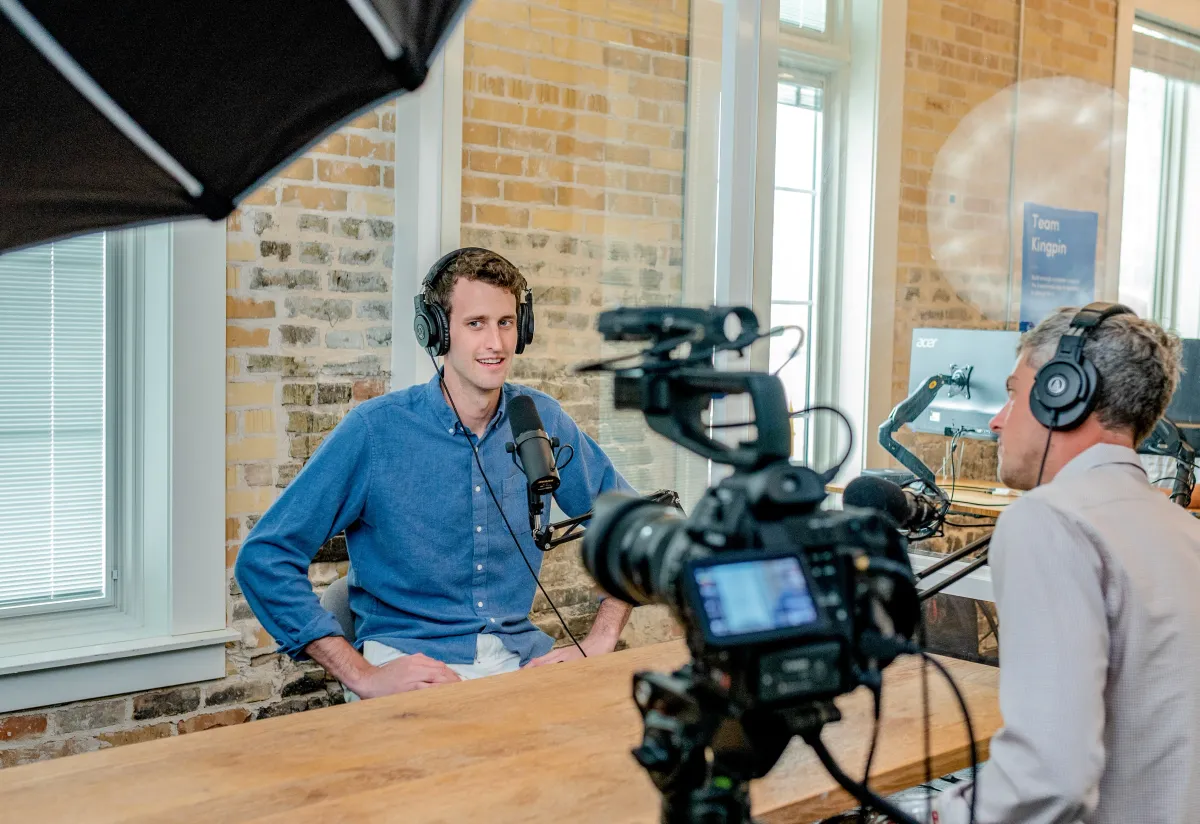Mastering Video Marketing: Essential Strategies for Agencies to Succeed
Video marketing is an essential tool for agencies aiming to leave a lasting impact in today’s digital age.

Key Takeaways:
- Agencies must adopt a comprehensive video marketing strategy to maximize their influence.
- Utilizing the latest trends and technologies gives agencies a competitive edge in the digital landscape.
- Personalization and storytelling are crucial in creating relatable video content.
- Video marketing is essential for agencies looking to make a lasting impact. User-generated content in videos tends to have a 50% higher engagement rate, emphasizing the power of personalization.
This guide will outline effective strategies for navigating the video marketing landscape.
1. Understanding the Audience
The first step in a successful video marketing strategy is to thoroughly analyze your target audience. This includes understanding demographics, preferences, and viewing habits. For instance, a travel agency may create an immersive destination video aimed at younger audiences who appreciate adventurous content, while luxury travel might be marketed with serene imagery targeting older viewers.
Understanding how audiences interact with various types of content is crucial for driving engagement. Utilizing tools like Google Analytics and social media insights can help pinpoint key behaviors, leading to better-targeted videos.
2. Storytelling and Personalization
Storytelling is a powerful tool in video marketing. Crafting personalized stories that evoke emotions can significantly boost audience engagement and brand loyalty. For example, a fashion brand might create a video following a garment's journey from design to production, establishing a deep emotional connection with the audience.
Pro Tip: Use data-driven insights to personalize video content for different audience segments. Personalization can include tailored messaging, relevant product suggestions, or even location-based storytelling to create a sense of intimacy.
3. Staying Atop Trends and Technologies
Keeping up with the latest trends and emerging technologies in video marketing is essential. This could range from 360-degree videos to immersive augmented reality experiences. For instance, a tech agency incorporating Augmented Reality (AR) in product demos can provide viewers with an engaging, hands-on experience that enhances their understanding of the product.
Experimenting with AI-driven video editing tools or exploring interactive video content can help agencies stay ahead of the curve and offer unique experiences to their audience.
4. Leveraging Social Media Platforms
Social media is a critical driver of video marketing success. Each platform caters to a different audience, requiring tailored content strategies. For example, a beauty agency might use Instagram for short, visually appealing makeup tutorials, while YouTube could host more detailed product reviews and demonstrations.
Maximizing cross-platform promotion can increase reach. Repurposing longer YouTube videos into shorter clips for TikTok or Instagram Stories extends the content’s lifecycle and ensures visibility across multiple channels.
5. SEO Optimization
Optimizing video titles, descriptions, and tags with relevant keywords is critical for visibility and searchability. Agencies should integrate SEO best practices into their video content creation process, using keyword research to understand what their target audience is searching for.
Additionally, adding transcriptions and closed captions not only improves accessibility but also enhances SEO performance. Google favors accessible content, and captions help search engines understand your video's content better, leading to higher rankings.
6. Measuring and Analyzing Performance
Performance metrics are key to refining your video marketing strategy. Agencies should regularly analyze data such as viewer engagement, watch time, and conversion rates. This data is invaluable for shaping future content and adjusting current strategies.
Using tools like YouTube Analytics or third-party platforms like VidIQ allows agencies to gain insights into how their content is performing, what viewers engage with most, and how to replicate that success.
For more insights on creating successful video marketing content, watch this helpful YouTube guide.
Conclusion
Video marketing offers agencies a dynamic and impactful way to connect with their audience. By understanding the audience, leveraging storytelling, staying up-to-date with trends, optimizing for SEO, and regularly analyzing performance, agencies can create compelling video content that fosters engagement and drives growth.
Want to learn more about building a successful video strategy? Be sure to check out Empowering Your Video Editing Team: Strategies for Boosting Social Media Success for tips on boosting your video editing workflow. For guidance on video related testimonials, take a look at Crafting Compelling Testimonials: A Beginner’s Guide to Video Marketing Success.
Also, don't forget to check out Vimerse. Vimerse is a video editing agency for content creators and marketing agencies. We offer fast video editing at a price you'll love. We edit videos for YouTubers & Tiktokers with 10M+ subscribers. Get the best video editing services and grow your channel.


